The West African Examinations Council (WAEC) has announced plans to introduce a computer-based format for the West African Senior School Certificate Examination (WASSCE), known as CB-WASSCE, as part of efforts to curb examination malpractice and improve the integrity of its assessments.
The new hybrid system, which combines both digital and manual components, is expected to commence next year with current SS3 students across Nigeria.
Speaking during a sensitisation rally in Port Harcourt aimed at educating stakeholders, students, and the public, WAEC’s Zonal Coordinator for the Port Harcourt Office, Adeniran Amusan, explained that the initiative will address issues of exam leakage, enhance efficiency, and ensure timely conduct of examinations.
According to Amusan, “The CB-WASSCE will eradicate the problem of logistics and late arrival of papers. The computer will also time students automatically, ensuring fairness and transparency.”
He further clarified that the multiple-choice (objective) sections of the exams will be conducted digitally, while essay and practical components will continue to be written manually on traditional answer booklets.
Amusan added that the move aligns with global best practices and will better prepare Nigerian students for technology-driven assessments in the future.
“The essence is that students will not be surcharged. It is faster, more efficient, and eliminates logistics challenges,” he said.
While many students have welcomed the innovation as a step toward digital transformation and educational modernization, some expressed concerns about limited computer literacy among their peers. Others expressed optimism that the system will foster new ways of thinking and contribute to a more technologically advanced society.
WAEC urged schools, teachers, parents, and students to embrace the change as part of Nigeria’s ongoing educational reform.


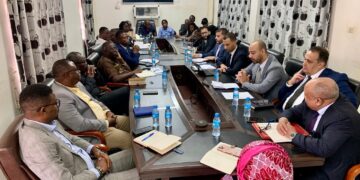
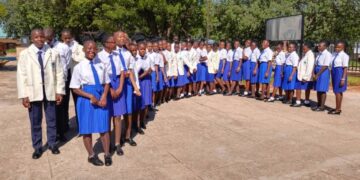



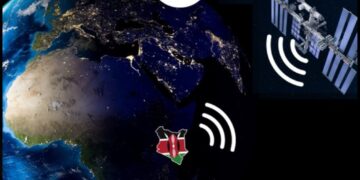























































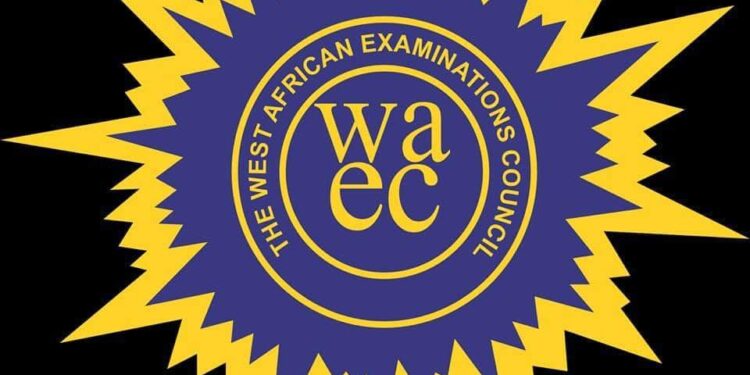




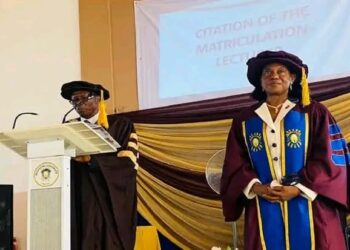
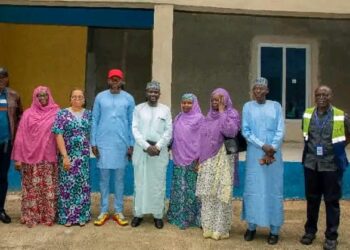
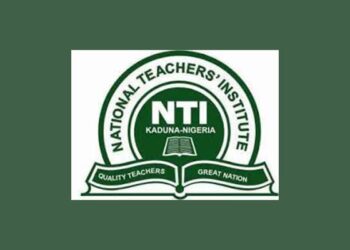

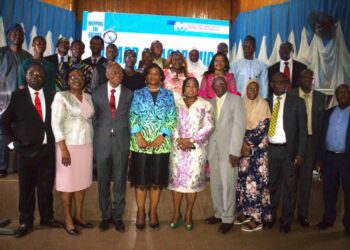









 EduTimes Africa, a product of Education Times Africa, is a magazine publication that aims to lend its support to close the yawning gap in Africa's educational development.
EduTimes Africa, a product of Education Times Africa, is a magazine publication that aims to lend its support to close the yawning gap in Africa's educational development.